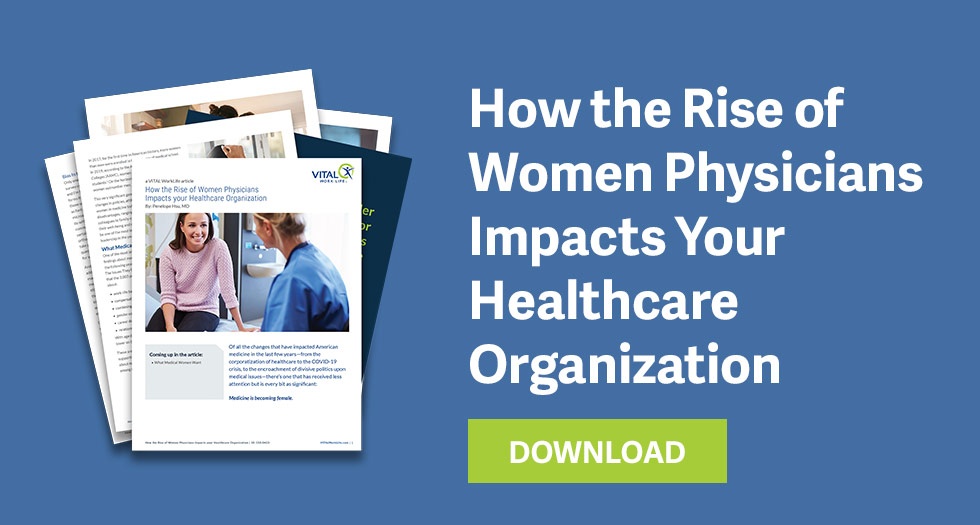In late 2022, Medscape surveyed 9,100 physicians in some 30 specialties about burnout. The results were, as expected, sobering.
53 percent reported that they felt burnt out, while another 23 percent reported symptoms of depression—a significant uptick from a 2018 study, in which the percentages were 42 and 15, respectively.
The report ascribed the increase to the lingering effects of the COVID pandemic, but it’s clear that even before the virus, around half of a large sample of American practitioners were struggling with their mental/emotional health.
Since then, short staffing, the resultant overwork, the angry politicization of many aspects of healthcare and other developments have joined the already stressful elements of contemporary medicine: EMRs, productivity demands, complex conditions presented by aging patients and more.
 Surprising Statistics
Surprising Statistics
In the study, there were differences by specialty, with emergency physicians, internists, and pediatricians posting the highest burnout rates, 65, 60 and 59 percent respectively. But Medscape singled out one sizeable group for whom burnout, across specialties, was even higher than the overall number: female physicians. They reported a 63 percent burnout rate.
Wendy Dean, MD, co-founder of the physicians advocacy group Fixmoralinjury.org, is quoted in the Medscape study summing up the sources of distress for women practitioners. "Studies have shown a clear link between microaggressions—either race- or gender-based—and an increased risk of workplace distress," she says. "Whether it's emotional exhaustion (burnout) from constantly having to defend their authority; being overlooked for leadership opportunities; having different expectations of behavior; being interrupted or talked over in meetings; or as betrayal (moral injury) by an organization failing to uphold stated codes of conduct, women's relative disempowerment to men puts them at higher risk of distress."
Attention Must Be Paid
Special attention needs to be paid to these drivers of exhaustion and disengagement. In 2019, according to the Association of American Medical Colleges, women made up the majority of medical students for the first time. Because of this, medicine may soon be a female majority profession. Although well-being has become an area of focus for many healthcare systems, the well-being of this growing, but often disadvantaged cohort of practitioners should be a crucial area for leadership.
Yet, The Physicians Foundation’s study found 66 percent of physicians surveyed said that “their organizations don’t prioritize physician well-being,” and 80 percent “acknowledge existing stigma around mental health and seeking mental healthcare for physicians.”
It’s a call to action for healthcare leaders.



